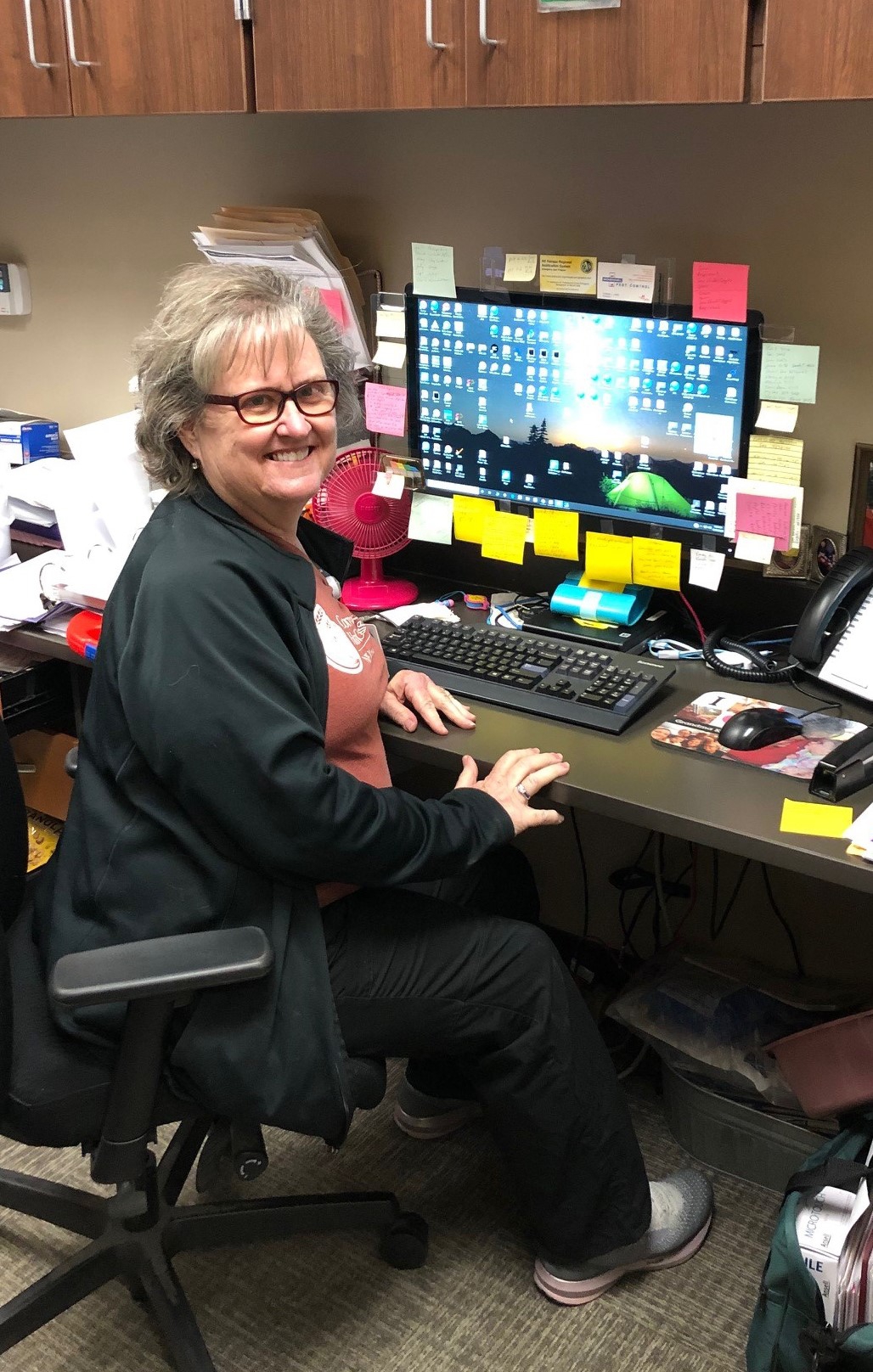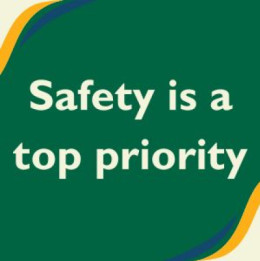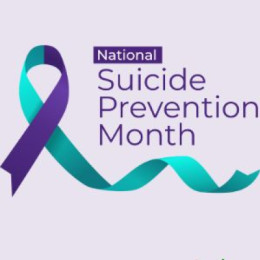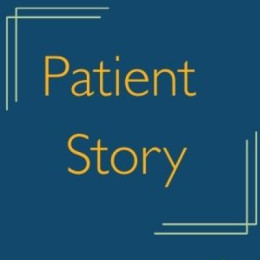Posted On: October 21, 2020 by Community HealthCare System in: News Patient story

Karen Elliott is an infection control nurse. She knows how to prevent disease. She was an advocate for hand hygiene before COVID-19 was in the news. She helps others learn how to take precautions. So she’ll never catch COVID-19, right?
Wrong.
Elliott still doesn’t know how she contracted the virus, but she started have symptoms on October 1. After experiencing gradually worsening symptoms at home (cough, headache, body aches, fever, diarrhea, nausea, loss of taste, and “generally feeling awful”), she developed shortness of breath and blood oxygen saturation levels in the low 80s (normal readings are between 95 and 100). She visited the Emergency Room at Onaga Community Hospital in the early morning hours of October 8 and was transferred to the Stormont Vail ICU in Topeka.
“I probably waited at least a day too long to go in,” Elliott said.
She took to social media to share her experience. She wanted to help others see the realities of being hospitalized with COVID-19.
“This virus is no joke. It is sneaky. It’s true that 80% will do OK, but us 15% who have what they call severe disease because of oxygen issues and the 5% who have critical disease because of being on vents are filling beds faster than they can empty them,” Elliott posted in her update from October 9.
Elliott noted that people asked her if she had other health conditions that contributed to the severity of her case. She said her only risk factor was that she is over the age of 50. “I don’t have previous health conditions that contributed to this. My breast cancer was 13 years ago. … I am considered healthy with healthy lungs,” she said.
Before transfer to Stormont, Elliott received steroids in Onaga that proved helpful. Her treatment at Stormont included five days of Remdesivir, two days of convalescent plasma, and a 10-day course of a powerful anti-inflammatory medication. Her recovery took time, and it wasn’t a steady upward trajectory. Her oxygen levels improved, then slipped again. It was exhausting to take a shower. Visitors weren’t allowed, and she missed her family. She experienced premature atrial contractions, a type of heart arrhythmia, and had to take an additional medication for that. As a nurse, she saw how hard the nurses in her ward were working. “These nurses run from the time they get here until they leave. It’s tiring just watching them,” she said.
Although she felt she would recover, the experience was scary. “It scares me more than I realized,” she said. Part of that fear came from what she called the “sneakiness” of the virus. “You can be pretty sick with it but not feel too bad until you are critically ill and close to being put on a ventilator. … I did feel really bad when I finally went to the hospital, but after I saw my chest X-ray and how much oxygen it took to keep [saturations] above 90, I’m surprised I was breathing on my own at all,” Elliott said.
One thing that made her recovery slightly easier was that she doesn’t smoke or vape. “That would have caused a lot more issues, likely a ventilator that I may or may not have been able to be weaned off of,” she said.
Elliott left the hospital on October 12. Her recovery then continued at home. She is still working through the fatigue and some shortness of breath, and her sense of taste has not returned. But when she reflects on her experience, some scary details stand out.
“So this is a sobering thought,” she said. “[An] Internal Med Doctor said I was about 12 hours away from intubation and a ventilator when I came in. Not sure how I feel about that except lucky, fortunate, blessed, and thankful for Onaga hospital’s quick response and Stormont Vail’s quick treatment. As I’ve said before, this is an unpredictable virus and very scary,” Elliott said.
She hopes others will take the virus seriously. “You don’t have to live your life in fear, but you do need to respect this disease and what it can do to you. The nurses haven been telling me about some of the complications they have seen with it. Neurological, inflammatory, cardiac, lung damage. Who knows if these complications will be permanent? COVID hasn’t been around long enough to know that. Hopefully, I have dodged most of them,” Elliott said.
Elliott also hopes that people will treat each other well. She urged kindness in an October 10 post, noting that contracting or spreading COVID is the last thing anyone wants. “People in quarantine or isolation feel alone enough without someone treating them poorly. I know it’s scary and frustrating with things being cancelled. People’s lives have been turned upside down. Kids are frustrated … [but] if you can’t say nice things, just don’t say anything. This disease is destroying friendships as much as politics,” she said.
She’s been eager to get back to work at Onaga Community Hospital. “I really love my job and miss it and my work family. I’m so grateful for co-workers stepping up and keeping my department going,” she said.
CHCS was happy to welcome her back on October 21. Along with Elliott, CHCS urges everyone to take precautions against the coronavirus.
“I hope everyone will do what they need to do to slow this down. Wear a mask, take precautions seriously. All of the preventative things we are being asked to do are worth it if it helps even a little,” she said.











-
-
-
View AllKarla Lueger | Oct 23rd 2020 @ 6:29 AM
Karen, you are thought of often and prayer for as well as your family. Our hearts go out to you with having gone through so much. Praise be to God for the blessings of healing and health upon your family. Continued prayers for complete health. I’m so glad you are back to work. Thank you for sharing your story.
Sherrie | Oct 24th 2020 @ 8:16 AM
So glad you are doing well my ex husband is on ventilator in wesley hospital I hope he can recover as well. Prays and hugs to you
Chris Dahm | Oct 31st 2020 @ 5:02 PM
So glad to hear you are doing better An uplifting story in a time when we need them.